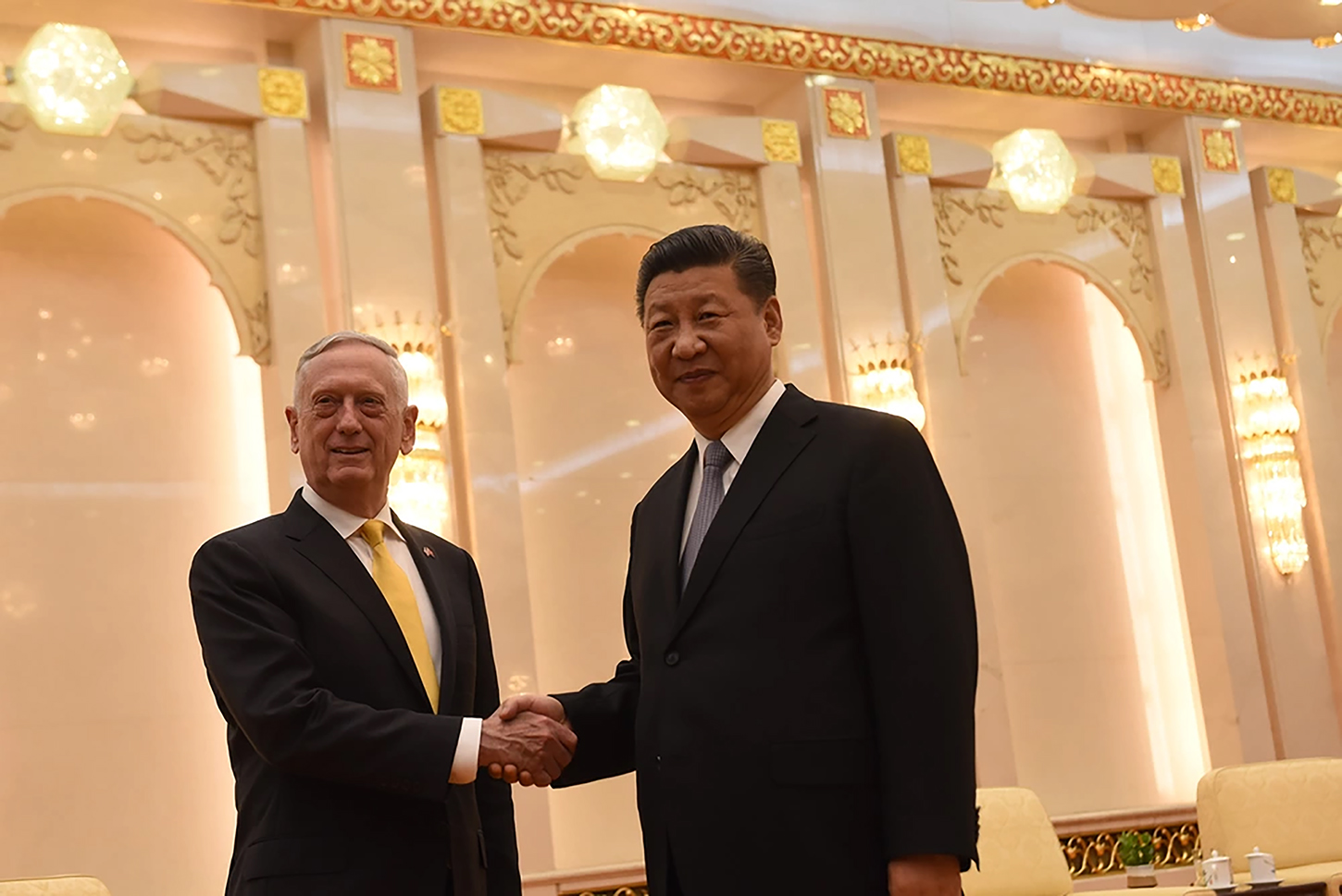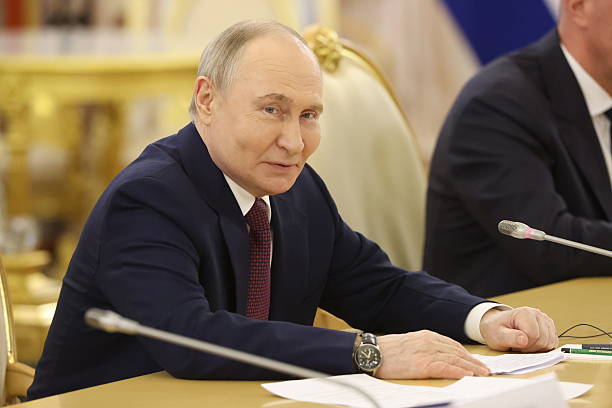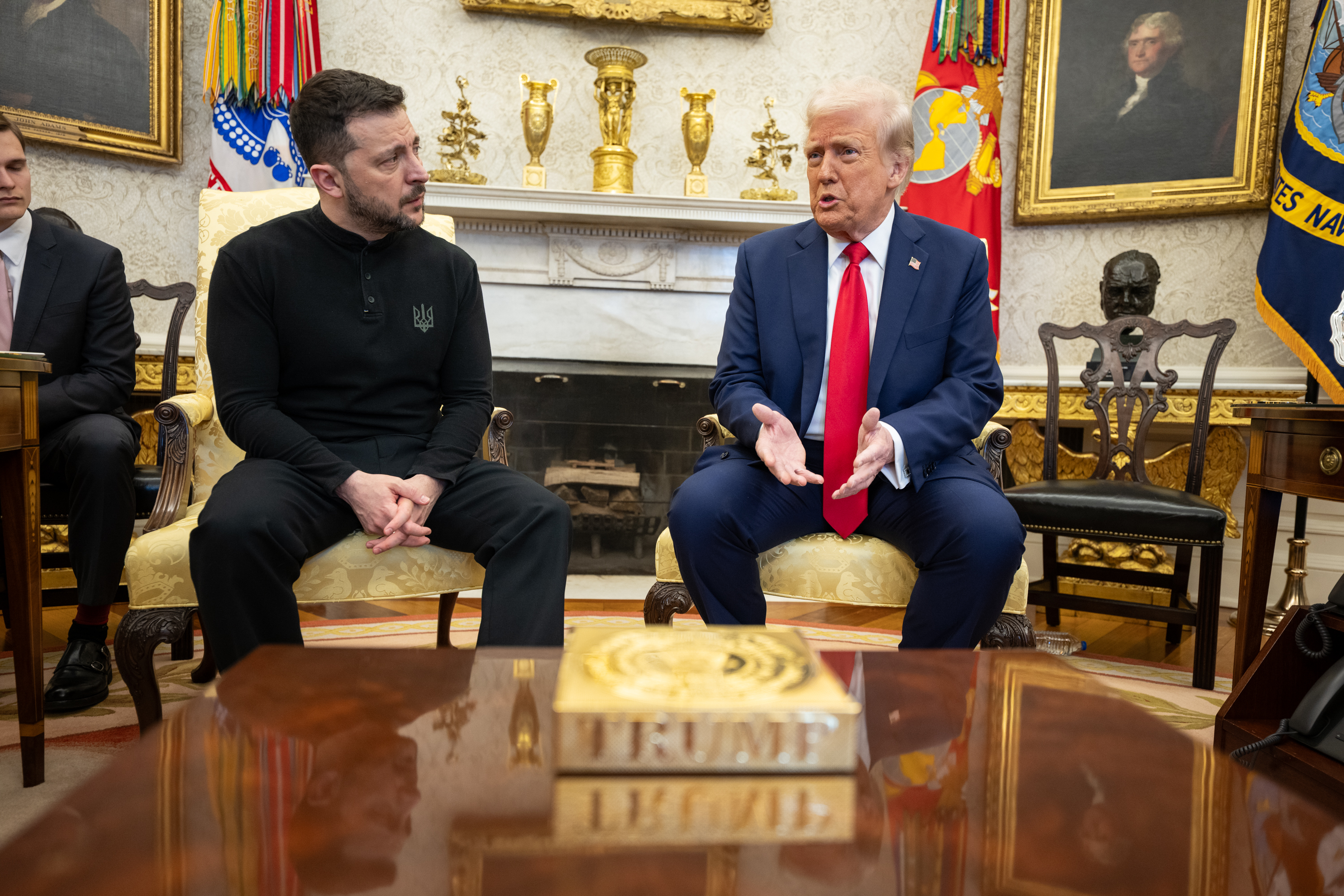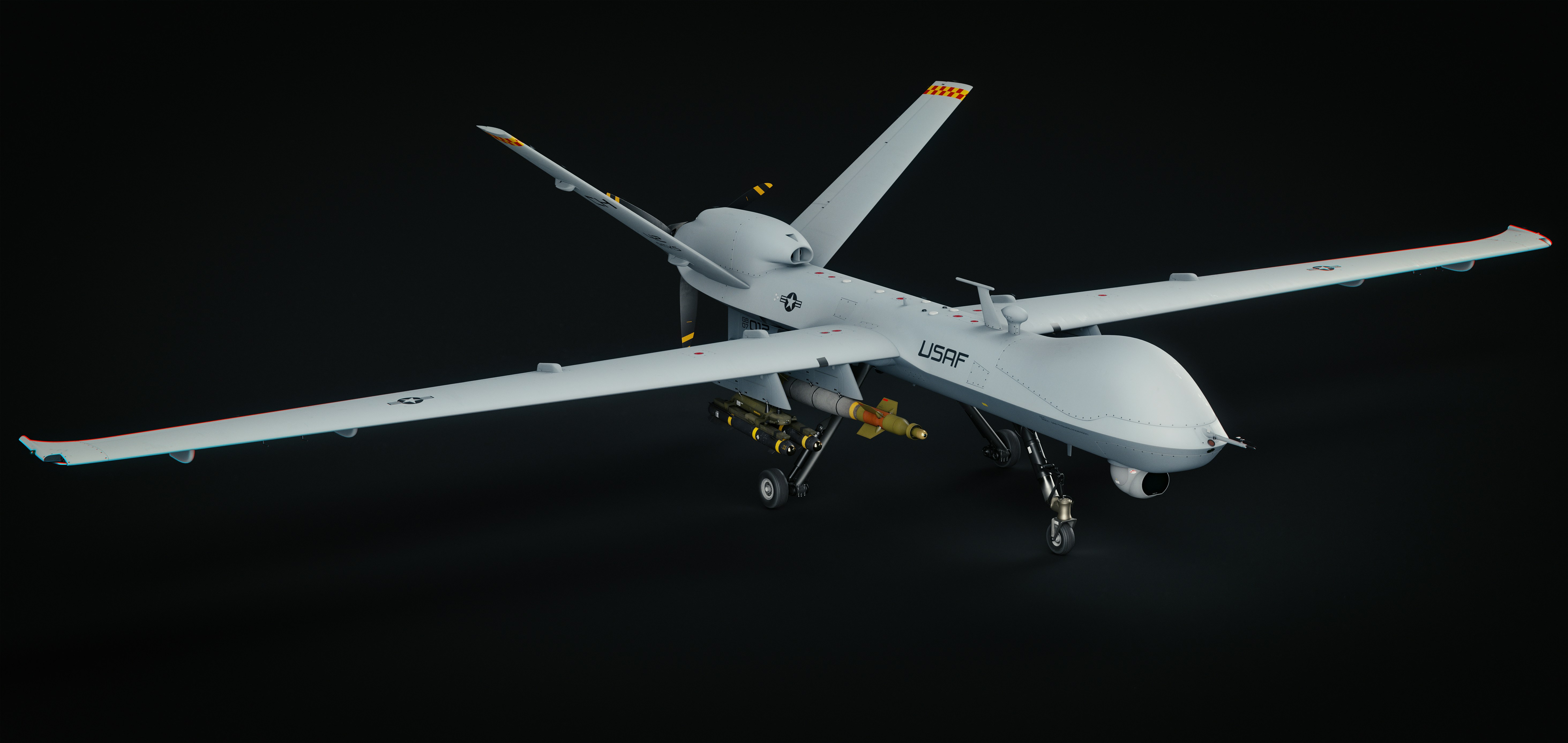China military reportedly not combat-ready
Country’s President Jinping clarifies reunification with Taiwan is top priority but doubts over civil-military relations remain

Country's President Jinping clarifies reunification with Taiwan is top priority but doubts over civil-military relations remain
As tensions continue to simmer over the Taiwan Strait, President Xi Jinping and his military commanders face a daunting reality: the People’s Liberation Army (PLA) may not be as combat-ready as they would like the world to believe.
The PLA has been preparing for a possible invasion of Taiwan, a move that would be seen as a major strategic coup for China's ruling Communist Party.
Xi Jinping, China's powerful leader, has made it clear that reunification with Taiwan is one of his top priorities. For years, China has been building up its military with the aim of making it a world-class fighting force capable of taking on any adversary, including the United States.
But the question rises, will the Chinese military perform any better than the Russian military did in Ukraine? Putin, like Xi, invested billions in strengthening Russia’s military but it failed miserably in its misadventure and bore more losses than wins.
One major reason for doubt is the dysfunctionality of civil-military relations in a dictatorship like China. The Communist Party controls every aspect of Chinese society, including the military, which is expected to follow orders without question. This top-down approach to military command and control can lead to a lack of creativity and flexibility on the battlefield, which could prove disastrous in a Taiwan scenario.
Recent reports have shed light on the deep-seated problems plaguing the PLA, including a culture of rigid command and control, a lack of training and operational experience, and outdated equipment. Veteran Chinese military expert Roger Cliff has even gone so far as to suggest a "fundamental mismatch" between the PLA's doctrine and organizational culture.
But perhaps the most troubling revelation is the possibility that the PLA is a Potemkin military - a facade of strength masking a deeper weakness. The last major combat operation conducted by the PLA was against Vietnam in 1979, and large-scale amphibious landings have not been executed since the invasion of Hainan in 1950.
While the PLA has participated in more contemporary operational experiences, such as UN peacekeeping missions and counter-piracy operations in the Gulf of Aden, these have all been non-combat and mostly small-scale. Even the evacuation of Chinese citizens from conflict zones, such as Yemen in 2015 and Sudan in April 2023, has not provided an opportunity for the PLA to demonstrate its combat capabilities.
Another reason for concern is the plausibility of existing insider critics. Despite the Communist Party's iron grip on power, there are still dissenting voices within the PLA who have raised questions about China's military capabilities. In recent years, there have been reports of corruption and inefficiency within the PLA, which could undermine its ability to fight a war effectively.
The combination of these factors has raised concerns that China's military might not be as strong as it appears. If the PLA were to fail in a Taiwan scenario, it could have significant implications for China's relations with the rest of the world, including the United States. Such a failure could also lead to domestic political unrest and a crisis of confidence in the Communist Party's ability to govern.
Despite the potential risks, President Xi and his commanders are not blind to the PLA's weaknesses. Efforts are being made to reform the culture of rigid command and control and to shift towards a more flexible and decentralized decision-making approach.
In recent years, China has undergone a massive military modernization program, investing heavily in new weapons systems and technologies to bolster its military capabilities. But will this be enough? No one can surely say, not even Xi until China practically fights a war.
However, the stakes are high, and the risks of failure are real. As Xi weighs the pros and cons of a military operation against Taiwan, the specter of a Potemkin PLA looms large in his mind - a nightmare scenario that could have dire consequences for China's future.







Conversation